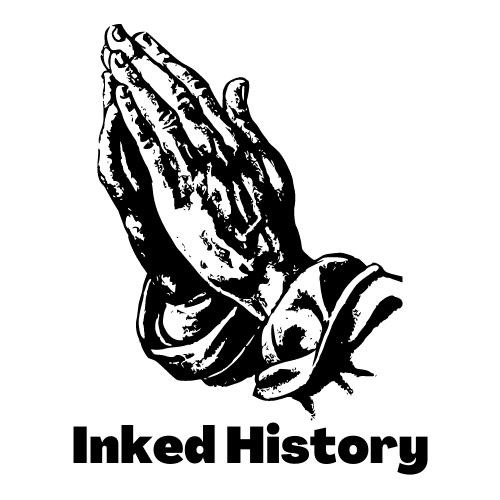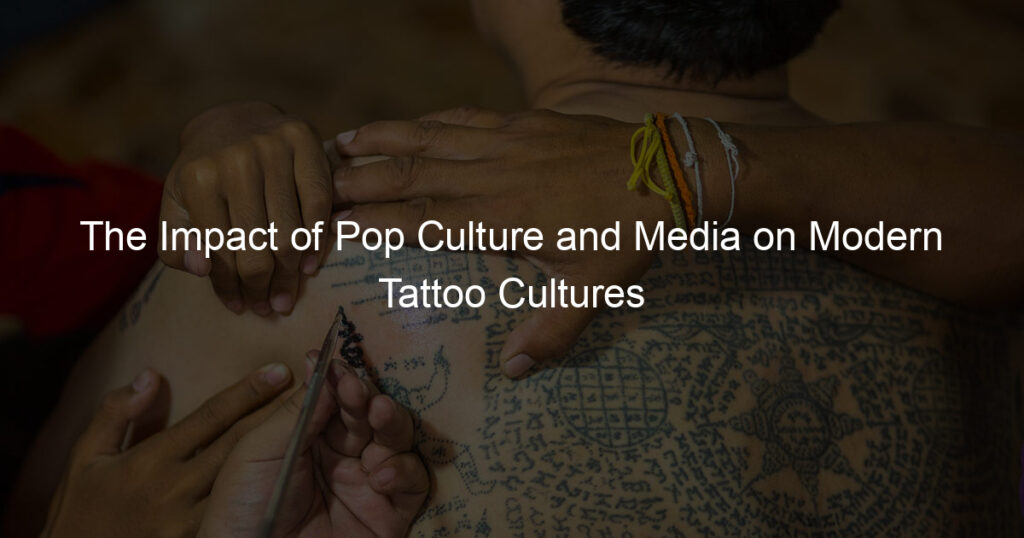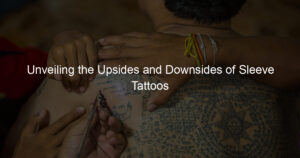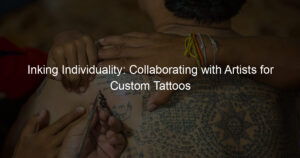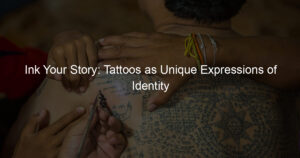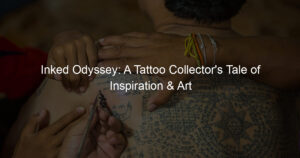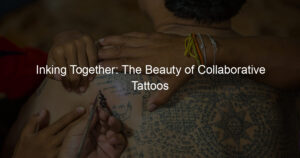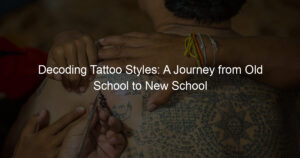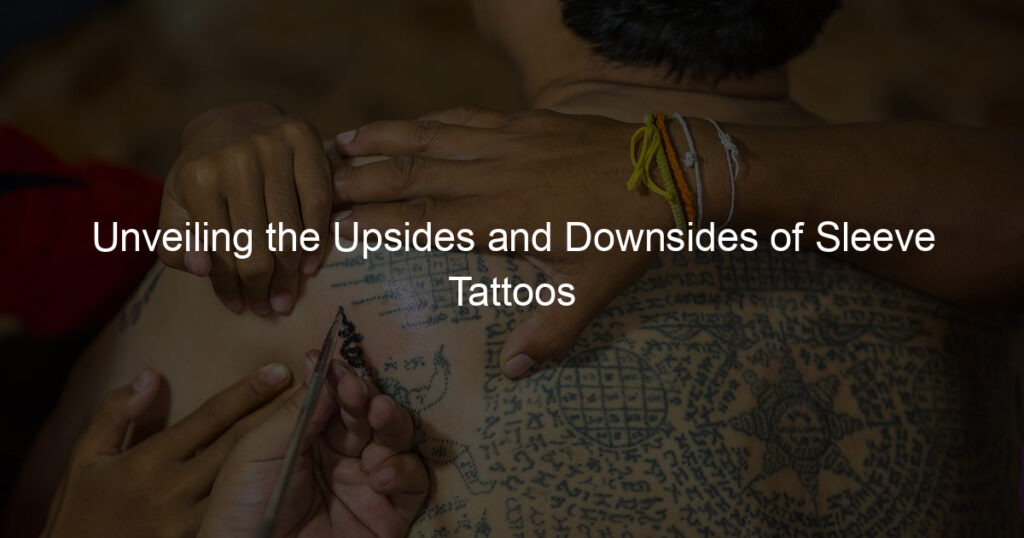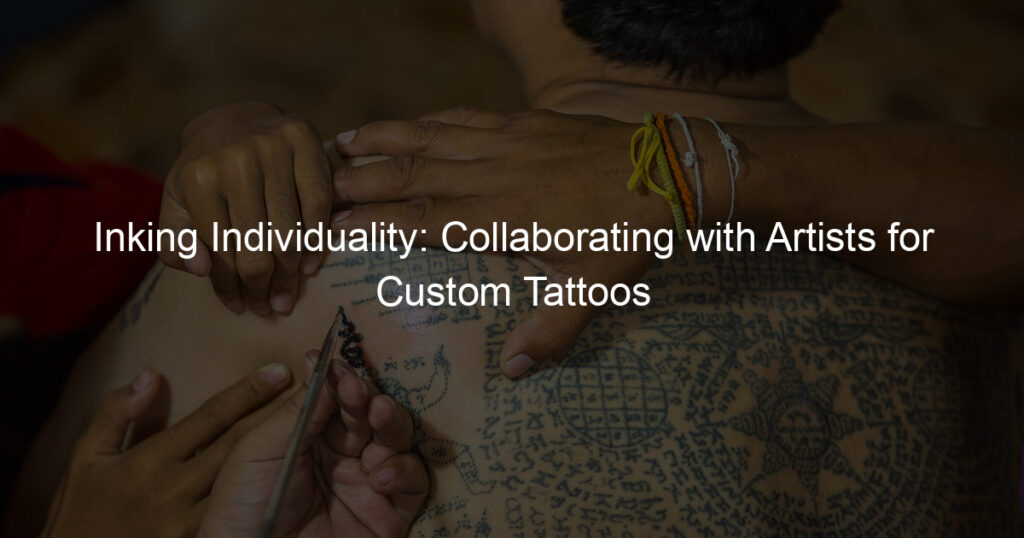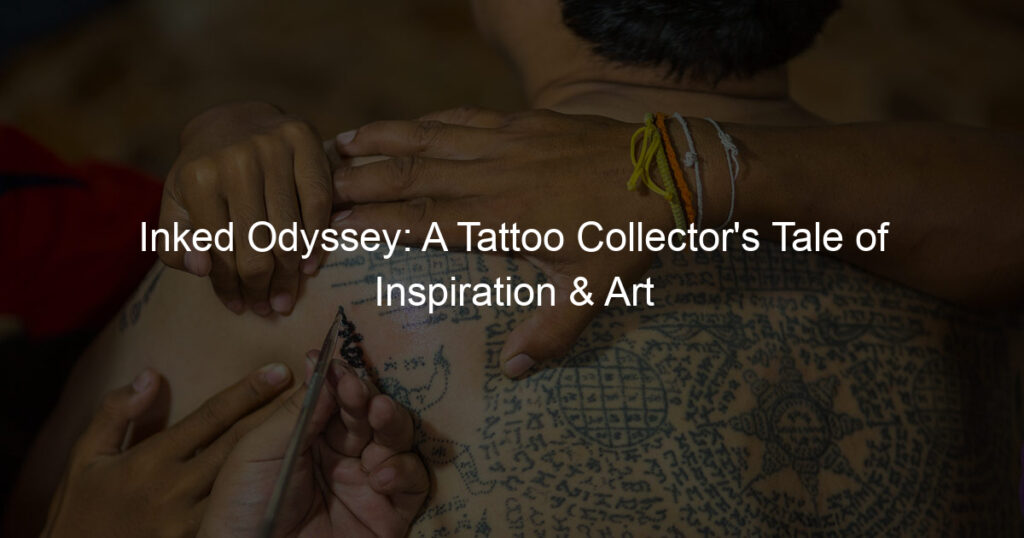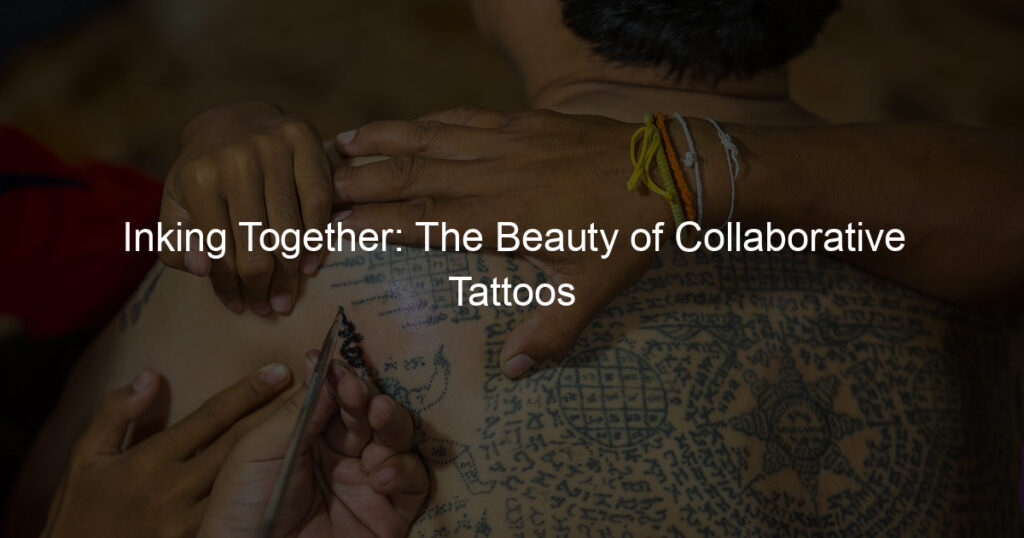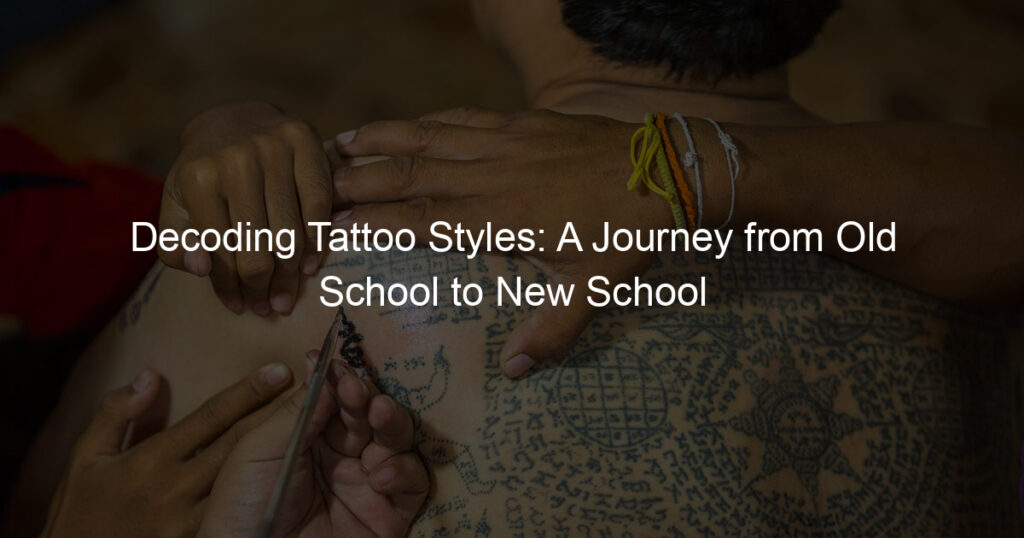In recent years, we’ve seen a surge in the popularity of tattoos. From celebrities to everyday people, it seems like everyone is getting inked. But what’s driving this trend?
Some say it’s the influence of pop culture and media. In a society bombarded with images of flawless celebrities and Instagram models, some people feel pressure to achieve perfection. And what better way to achieve perfection than by adorning your body with beautiful artwork?
Others believe that the increased popularity of tattoos is simply a result of their growing acceptance in society. Unlike previous generations, today’s young adults are much more open-minded when it comes to body art. So, if you’re considering getting a tattoo, know that you’re not alone!
Are tattoos part of pop culture?
There is no doubt that tattoos have become part of the mainstream in pop culture. More people today are choosing to ink their skin than ever before and for a variety of reasons.
Whether it is an ode to an experience or influence, a memento of loved ones, or a personal form of artistry, tattoos have become deeply meaningful and symbolic to those who choose to etch their skin with something that holds deep personal meaning.
It may be argued that tattoos reflect the modern culture in which individualism and self-expression are highly valued, turning tattoo artistry into a form of pop culture.
Have cultural views of tattooing changed over time how so why do you think this?
Tattooing has had a long and varied history, with both positive and negative cultural associations. In recent decades its reputation has shifted significantly; once seen as a sign of rebellion or recklessness, it has become increasingly accepted by mainstream society.
This change has been due largely to increased visibility; with some celebrities having large amounts of ink adorning their bodies, tattooing has become much more commonplace and socially acceptable.
Additionally, the increasing popularity of specific styles – such as minimalist single-line tattoos – has enabled those who would previously have been wary about permanent artwork on their bodies the opportunity to express themselves without taking the plunge into something too bold or flashy.
As tattoos continue to become even more commonplace in modern times, cultural views on the practice are certain to grow ever more accepting.
How are tattoos viewed in today’s society?
Tattoos have traditionally been viewed as being rebellious and countercultural, however, in today’s society, they are becoming increasingly more accepted.
While there is certainly still a stigma attached to having tattoos in certain professional or conservative settings, they are also seen by many as part of self-expression and mainstream fashion.
Increasingly, tattoos are becoming an art form that can be appreciated just like any fine art painting or sculpture.
They have shifted from being something associated with drug use and gangs to now being regularly worn on the body of people from all walks of life.
Further, celebrities and other public figures have added to their mainstream appeal by promoting them in television, film, music videos, etc. All this has led to tattoos becoming quite socially acceptable in most contexts today.
What is the importance of tattoos in cultures?
Tattoos have been around for centuries and used in many different cultures and societies. They are a powerful way to express ourselves, our hopes and aspirations, and a visual representation of where we come from and what’s important to us.
For some, tattoos act as both an expression of identity and a form of healing, allowing them to commemorate moments or people that are special in their lives.
They play an important cultural role both in religious rites or rituals and in understanding ancestral heritage.
Perhaps most importantly, tattoos give individuals the courage to be who they are–no matter their identity–and make them feel like they have control over the message they communicate through body art.
How are tattoos viewed in different cultures?
Tattoos are a form of body art that has been part of many cultures around the world for centuries. While tattoos have been used in different religious and spiritual contexts, it is becoming increasingly popular today as an art form to express one’s individuality and uniqueness.
Depending on their culture and context, tattoos can often be viewed very differently. In some cultures, tattoos can represent a rite of passage or hold special significance, whereas in others they are seen more as a form of rebellion or debauchery.
Regardless, the permanence of a tattoo serves as a reminder of our mortality and offers us an opportunity to connect with something on a deeper level.
What culture is known for tattoos?
Polynesian culture is widely associated with tattoos. Traditionally referred to as tatau, tattoos in this culture have a deep religious and cultural significance, with traditional designs representing status and power within the community.
Nowadays, many of the patterns and symbols used in traditional Polynesian tattooing are popular worldwide, and these vibrant design elements often get featured in contemporary spaces such as fashion, furnishings, clothing, and decor.
This widely visible appreciation for Polynesian body art illustrates its long-lasting impact on our world—one that will continue to evolve.
The final stretch: The Impact of Pop Culture and Media on Modern Tattoo Cultures
In conclusion, it can be seen that pop culture and media have had a great impact on the development of modern tattoo cultures. The rise in popularity of tattoos has led to an increase in the number of people getting them, as well as the variety of designs available.
Tattoos are no longer just for sailors or criminals; they are now considered to be an acceptable form of body art by many people. Thanks to pop culture and media, tattoos have become more mainstream and are here to stay.
